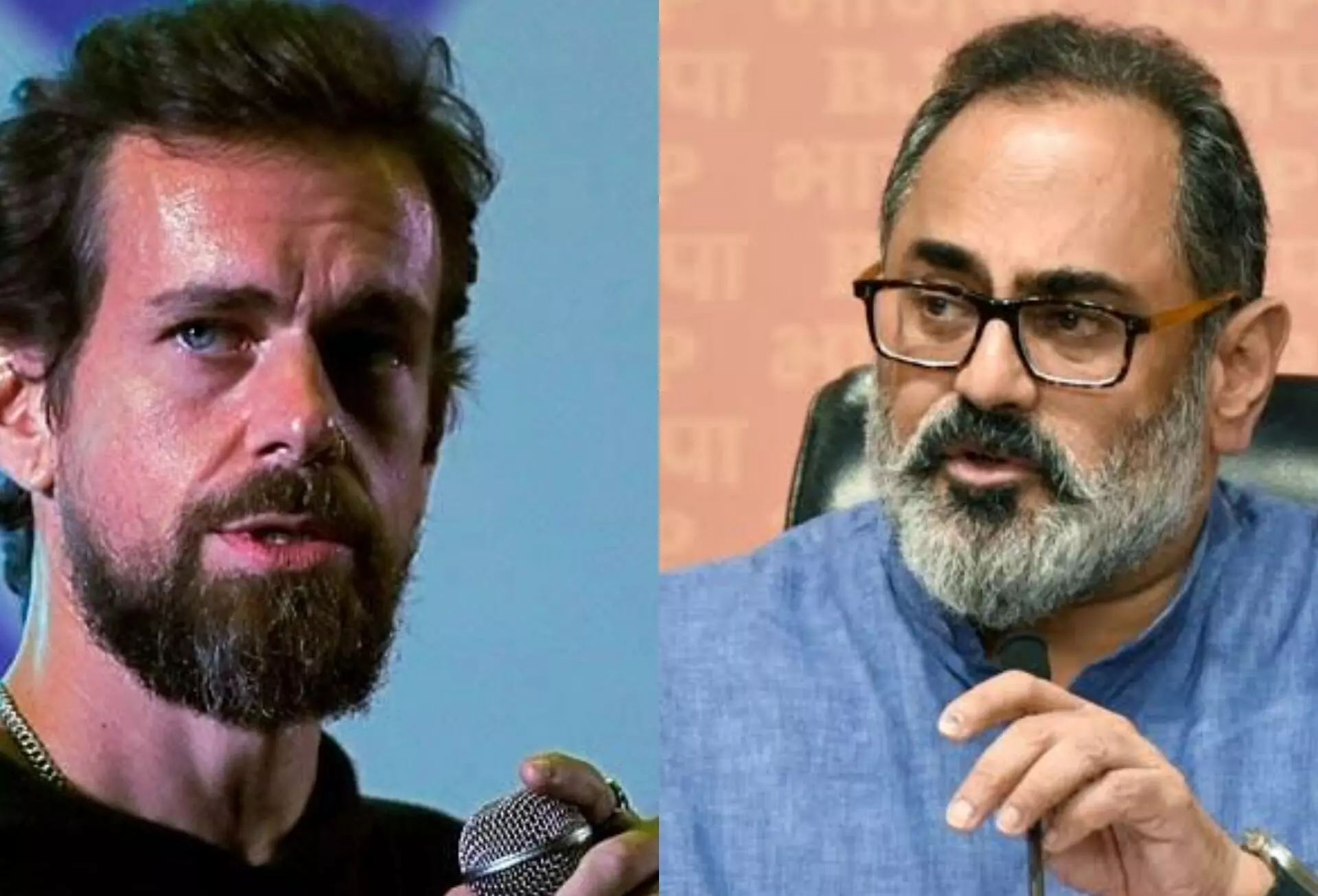
Lies, Non-Compliance and Partisanship: The Dark Side of Jack Dorsey's Twitter Reign

Former Twitter CEO, Jack Dorsey, has recently made allegations that the Indian government pressured Twitter, threatening to shut down the platform in India and raid the homes of its employees if their demands were not met. Rajeev Chandrasekhar, the Union Minister of State for Electronics and Information Technology, strongly refuted these allegations made by Dorsey, asserting that they are blatant falsehoods aimed at downplaying Twitter's questionable past.
Chandrasekhar took to Twitter to present the facts and truth regarding Twitter's actions during the period in question. He highlighted that Twitter, under Dorsey's leadership, repeatedly violated Indian law and failed to comply with it from 2020 to 2022. It was only in June 2022 that Twitter finally started adhering to the country's laws. Contrary to Dorsey's allegations, no one was arrested and Twitter was not shut down in India.
Chandrasekhar stressed that Twitter, under Dorsey's regime, demonstrated a lack of respect for the sovereignty of Indian law. The company behaved as if the laws of India did not apply to them, which prompted the government to take measures to ensure compliance from all companies operating within the country.
During the farmer protests in January 2021, Twitter faced a surge in misinformation, including reports of genocide that were later proven to be false. The Indian government had the responsibility to remove such misinformation from the platform, as it had the potential to further inflame the situation based on fake news. Chandrasekhar criticized Twitter's partisan behavior during that period, noting that they struggled to remove misinformation in India while swiftly acting to combat similar events in the United States.
Chandrasekhar made it clear that the government's focus was solely on ensuring compliance with Indian laws. He asserted that no raids were conducted and no individuals were sent to jail. The government's objective was to hold Twitter accountable for its arbitrary, partisan, and discriminatory conduct, as well as its misuse of power on its platform. Chandrasekhar emphasized that India, as a sovereign nation, has the right to ensure that all companies operating within its borders comply with its laws.
It is worth noting that Twitter has faced bans in several countries for various reasons. China has blocked Twitter since 2009, citing concerns about national security and social stability. Iran, Myanmar, North Korea, Russia, Turkmenistan, and Uzbekistan have also banned the platform for reasons related to national security, the spread of misinformation, and controlling information flow.
In recent developments, Elon Musk, CEO of Tesla and SpaceX, acknowledged the strict rules governing social media in India and stated that if the choice were between his staff going to prison or complying with the laws, they would comply with the laws. Musk's remarks came after Twitter removed content critical of Prime Minister Narendra Modi, which had been blocked by the Indian government in January.
Furthermore, France's Digital Minister, Jean-Noël Barrot, has threatened to ban Twitter from the European Union if it fails to comply with the incoming European Digital Services Act. Barrot emphasized the threat that disinformation poses to democracies and stated that Twitter must adhere to the rules set forth by the EU.
Accusations against Jack Dorsey and Twitter during the farmer protests highlight the ongoing challenges faced by social media platforms in navigating the complexities of national laws and regulations while upholding freedom of expression and combating misinformation. The situation underscores the importance of transparency, accountability, and responsible behavior from tech companies operating in different jurisdictions.


